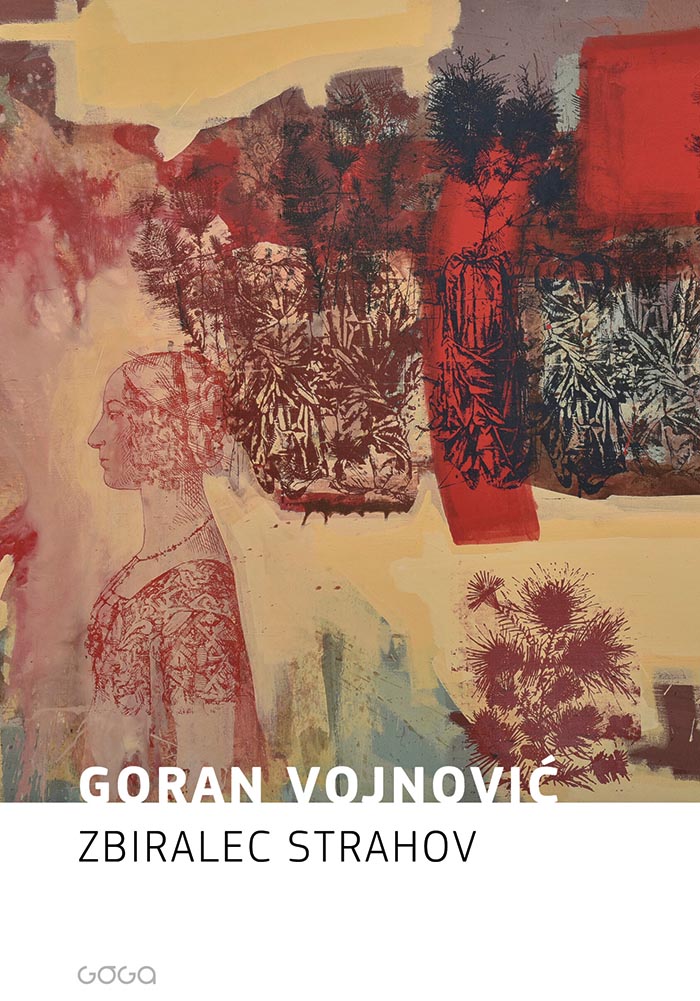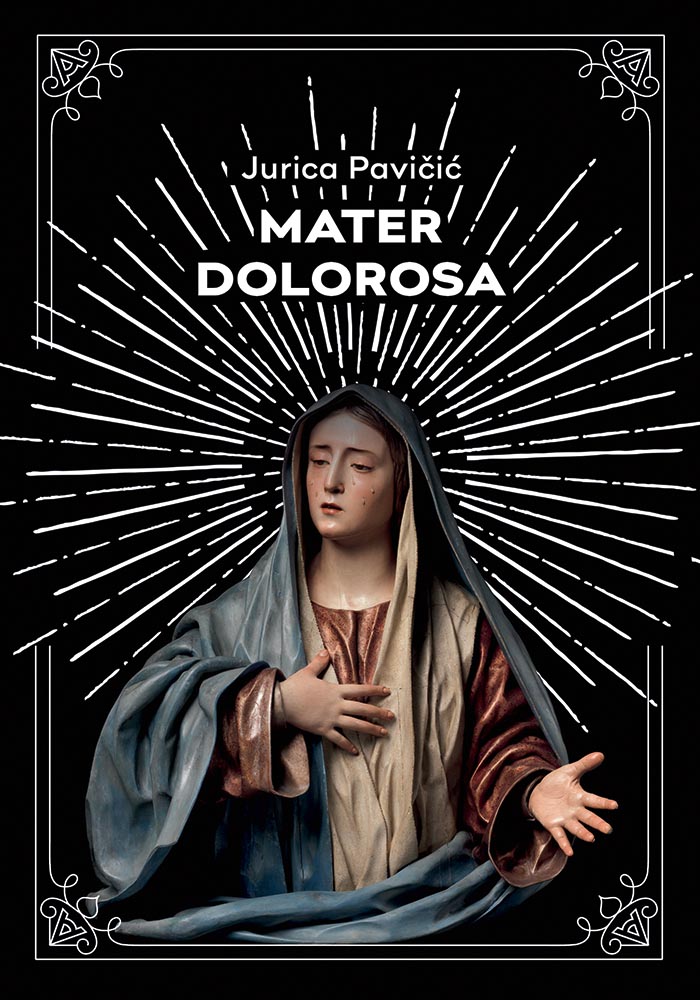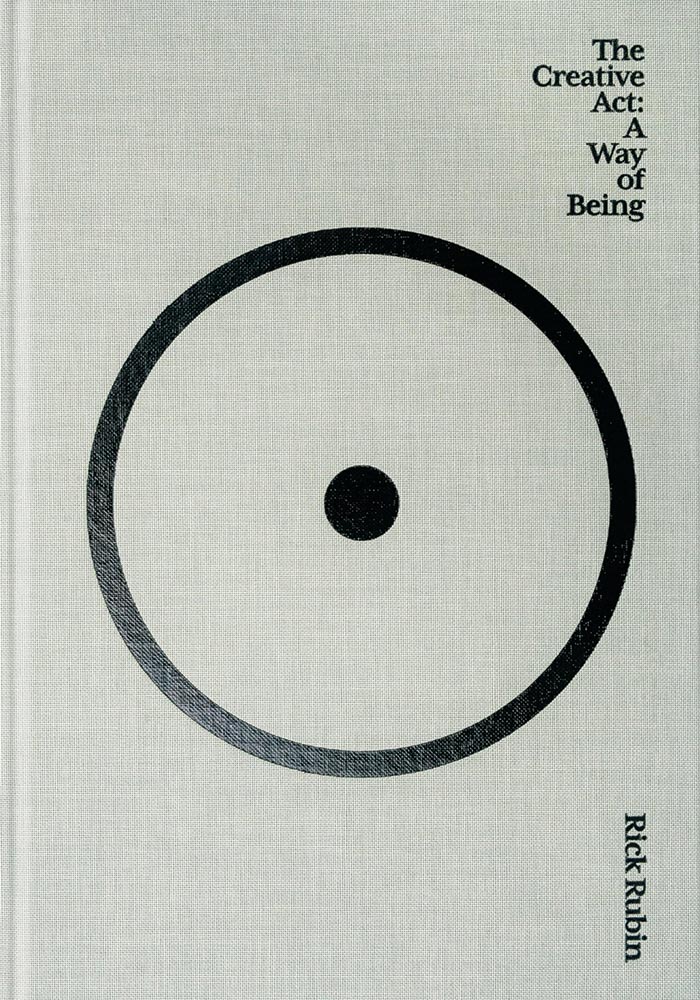Selected by a reader who believes that great books don’t have borders — only readers who cross them.
Bookshelves, like people, reveal what you value. Ours says we like writers who take risks — who ask uncomfortable questions, who look at ordinary life closely enough to find what others miss. These aren’t books for show; they’re for people who read to make sense of the world, not escape it.
Some were written nearby, some far away, but all share a certain honesty — that mix of curiosity and doubt that keeps you turning pages long after you meant to stop. Think of this selection less as a list and more as a conversation — one that keeps unfolding long after you’ve closed the book. Ten books, ten ways to stay alert, curious, and connected.
Zbiralec strahov (The Collector of Fears)
Theme: The politics of exhaustion
by Goran Vojnović
Vojnović, one of Slovenia’s most insightful chroniclers, trades fiction for essays that expose how fear shapes a society still learning democracy. Wry, humane and occasionally furious, he writes like a man both weary of his country and unable to stop caring for it.
Pair it with: a train window and your latest doom-scroll break.
Why now: Because fatigue, when written honestly, becomes resistance.
Mater Dolorosa
Theme: Family, guilt, and the quiet persistence of love
by Jurica Pavičić
WThe celebrated Croatian novelist returns with another piercing look at how private choices reflect public change. Set against the shifting moral landscape of the Adriatic coast, Mater Dolorosa follows a mother’s reckoning with her past. Pavičić writes with unshowy precision — his sentences linger long after the plot resolves.
Pair it with: a quiet coastal weekend and the sound of church bells in the distance.
Why now: Because even as the region modernises, its most powerful stories remain human.
The Creative Act: A Way of Being
Theme: Creativity as awareness, not achievement
by Rick Rubin
Rubin’s reflections read like field notes from a lifetime spent tuning out the noise. He replaces ambition with attention, success with stillness, and somehow makes both sound radical. The Creative Act feels less like a manual than a mirror.
Pair it with: early-morning light and the courage to slow down.
Why now: Because in the attention economy, noticing is the rarest skill.




